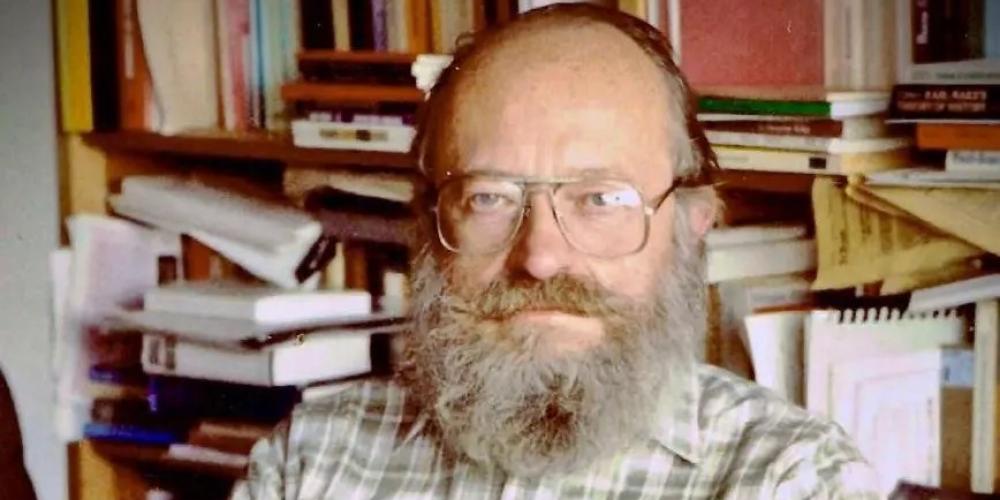
Karen François is a professor of philosophy and director of the Leo Apostel Centre at the Vrije Universiteit Brussel. In times of war and genocide, the world would benefit from a way in which believers and liberals can live together, she argues in De Morgen.
Especially in these times, we need bridge builders who enable people to talk to each other. An important example of this is the Belgian philosopher Leo Apostel (1925-1995), whose 100th birthday we celebrate on Thursday. He exemplified a philosophical quest, focused on understanding himself, the world and others.
A striking example of this is the historic meeting with theologian Edward Schillebeeckx in October 1987 at the Blandijnberg at Ghent University. Both philosophers examine each other's attitudes towards the divine and towards the “atheistic spirituality” in which Apostel finds his truth.
Schillebeeckx rejects the image of an almighty God and seeks in the image of God a superhuman entity that is always close to the searching human being. As a result, the believer, Schillebeeckx, always has someone to whom he is transparent and through whom he will never be existentially lonely.
And therein lies the major difference with the atheist philosopher Apostel, who, after developing proofs that God does not exist, must conclude that he is travelling alone, is transparent to no one, and is therefore existentially lonely.
Apostel, who in his younger years conducted research with renowned thinkers such as Rudolf Carnap, Chaïm Perelman and Jean Piaget, continues to search for himself and, as a non-believer, nevertheless has an experience that transcends the purely worldly.
Spiritual quest
Apostel is also known as a Freemason who embarks on a spiritual quest to build himself and, by extension, the whole of humanity. Towards the end of his life, he seeks connection with Zen Buddhism, which emphasises meditation. This is described by Apostel as an inner wealth that certainly does not belong only to believers.
In this way, Apostel seeks connection and transcends the classic opposition between believers and liberals.
The theme remains relevant and pressing to this day. There is the arduous quest to turn this earthly vale of tears into a human valley where coexistence is possible. To date, humanity has not succeeded in this, as evidenced by the acute inhumane living conditions, genocides and wars.
However, there are glimmers of hope. “The light shines in the darkness, and the darkness has not overcome it.” (John 1:5) The light defeats the darkness. That is precisely why we need figures like Leo Apostel, who bridge the divides and allow the light to truly prevail.